In this week’s Charging Forward, Moray Council has approved a 50 MW battery energy storage system (BESS) in Scotland, developers submit plans for major battery projects at Teesworks and Italian firm Energy Dome secures an offtake agreement for its pioneering CO2 battery in Sardinia.
This week’s headlines:
- Moray Council approves 50 MW BESS
- Plans submitted for £62m BESS in Teesside
- NatPower UK plans 1 GW Teesside BESS
- Boralex takes stake in Scottish wind and battery project
- Rashley New Energy plans 100 MW BESS in Ardrossan
- Council rejects Statera plans for 500 MW BESS
- Energi Generation to appeal 100 MW BESS refusal
- Engie signs offtake agreement with Energy Dome
- ABB buys Siemens Gamesa business unit
Moray Council approves 50 MW BESS
Moray Council has approved the construction of a Scottish BESS project from renewable energy developer RES Group.
The company plans to build the 49.9 MW Corshellach Energy Storage System on land adjacent to the Berryburn substation near Dunphail in Moray.
RES said it selected the site as there is minimal requirement for additional infrastructure to connect to the wider grid network.
RES development manager Milo Amsbury-Savage said battery storage will be “crucial” in supporting Scotland’s net zero emissions targets.
“Battery energy storage also has a key role in cost-effectively decarbonising the power sector,” Amsbury-Savage said.
“As well as maximising the output of variable generation, short-duration flexibility offered by technologies such as battery energy storage, could reduce energy system costs by up to £10bn per year by 2050 through minimising the need for new peaking generation, such as expensive gas, and network assets.”
Across the UK and Ireland, RES has already developed more than 830 MW of energy storage projects, managing nearly 600 MW of operational projects from its control centre in Glasgow.
Plans submitted for £62m BESS in Teesside
Battery storage developer Energy Optimisation Solutions (EOS) has submitted plans for a £62m Teesside BESS project to Redcar and Cleveland Borough Council.
Located at the Teesworks freeport north of Middlesbrough, the 100 MW project is set to support more than 100 jobs according to the developers.
EOS director Peter Walker said the company is hopeful its plans will be approved.
“With so much renewable energy development planned for the site, such a supportive environment and such an experienced team in charge, it makes for the ideal location for our next battery storage facility,” Walker said.
“If we as a country are going to hit our net zero ambitions then energy storage is absolutely essential.
“You can store water in reservoirs and gas in gasometers and in LPG form so you can use those resources when you need them.
“Battery storage systems mean that you can do the same thing with electricity generated from renewable sources.”
Teesworks chairman Chris Musgrave said: “Battery energy storage is another key piece in the clean energy mix at Teesworks, helping to ensure that energy needs can be met from renewable sources regardless of weather conditions.
“We look forward to working with the team at EOS on this project if the proposals are approved.”
The planned site for the BESS adjoins two BP hydrogen projects – HyGreen Teesside and the H2 Teesside.
HyGreen Teesside is set to be one of the largest green hydrogen production facilities in the UK when it begins operations in 2026, producing an initial 80 MWe of capacity.
Meanwhile, the H2 Teesside project is set to be one of the UK’s largest blue hydrogen production sites targeting 1.2 GW of production.
BP is also developing the Net Zero Teesside (NZT) project nearby in a joint venture with Norwegian firm Equinor.
NZT includes plans for one of the world’s first commercial scale gas-fired power stations with carbon capture and storage. The project will also decarbonise nearby industrial facilities by storing captured CO2 in depleted fields in the North Sea.
If the Teesside BESS project gains approval, EOS expects construction to take 12 months to complete.
NatPower UK plans 1 GW BESS at Teesside
Meanwhile, renewable energy developer NatPower UK has also submitted proposals for a 1 GW Teesside BESS project to Redcar and Cleveland council.
Located on a 50 acre section of the Long Acre site at Teesworks, the BESS could store enough power for around 3.9 million homes for up to four hours.
If approved, the Teesworks Gigapark would be one of the largest battery storage projects in the UK and support up to 300 jobs during the construction period.
NatPower UK managing director John Sturman said the project will make a “significant contribution to establishing Teesside as the UK’s clean energy capital”.
Sturman said the project represents “real opportunity” for the local community, with up to £1m contributed each year to support local sustainability initiatives.
“Our goal is to leave a lasting, positive legacy—investing in the local community while delivering transformative change on a national scale,” Sturman said.
Boralex takes stake in Scottish wind and battery project
Boralex has formed a joint venture for the development, construction and operation of the proposed 145 MW Clashindarroch II wind farm extension and adjacent 50 MW battery.
The Canadian firm has been developing the project, located near Dufftown in Moray, for several year on behalf of Clashindarroch Wind Farm Extension Ltd.
It comes after Boralex secured its first planning consent for a BESS project in the UK earlier this month for its 49.9 MW Loch Toftingall development in Caithness, Scotland.
Vattenfall operates the original Clashindarroch wind farm, which consists of 18 onshore turbines near Huntly in Aberdeenshire.
The Swedish firm received is also developing the separate 77 MW Clashindarroch II wind farm.
Vattenfall secured confirmation of its planning consent for the project in November after a judicial review.
Environmental activists had challenged the Scottish government’s original approval decision over the wind farm’s potential impact to Scottish wildcat populations.
Rashley New Energy plans BESS in Ardrossan
Battery storage developer Rashley New Energy (RNE) has lodged plans for a 100 MW BESS project near the North Ayrshire town of Ardrossan in Scotland.
According to planning documents, RNE aims to begin work at the site in the second half of 2028, with the company targeting a grid connection by 2029.
RNE is a subsidiary of Warrington-headquartered New Energy Partnership, which is developing a 1 GW pipeline of projects including a 500 MW BESS near Ayr.
Council rejects Statera plans for 500 MW BESS
A Buckinghamshire Council committee has voted against approving Statera Energy’s plans for a 500 MW BESS facility near Granborough.
The council’s strategic sites committee voted to reject the plans by a 7-2 majority on the grounds they would harm the landscape and its character.
At the meeting, Conservative committee chairman Alan Turner said the project was a “business opportunity rather than providing any green energy”.
The council also received hundreds of objections from local residents over the BESS proposals.
Residents raised concerns about the potential risk of fires and explosions, however a spokesperson for the Department for Energy Security and Net Zero (DESNZ) told the BBC that such incidents were “extremely rare in the UK”.
“Every battery storage facility we construct helps protect families from future energy shocks,” the spokesperson added.
Statera told the BBC it was “disappointed” by the decision and would consider its next steps.
A Statera spokesperson said: “We are disappointed by the council members’ decision to refuse the application, especially given the positive recommendations from its officers.”
Energi Generation to appeal 100 MW BESS refusal
Battery storage developer Energi Generation will appeal a Burnley Council decision to refuse planning permission for a BESS project in Lancashire.
Energi Generation planned to build the 100 MW BESS on land formerly used as an open-cast coal mine.
The council’s development control committee rejected the proposals due to concerns about the potential impact to the rural landscape at the site near Padiham.
In response to this month’s decision, a spokesperson for Lancashire-based Energi Generation said the company will appeal the decision.
The spokesperson said the company is “extremely disappointed” with the refusal of its planning application and scorned what the firm believes was the local authority’s “inadequate communication”.
“The council have ignored the substantial benefits of this scheme and have demonstrated a troubling pattern of limited cooperation and inadequate communication throughout the process,” the spokesperson said.
“The council have also chosen to ignore Labour’s new flagship Clean Power 2030 report calling for a near five-fold increase in battery storage despite the opportunity this project offers, in particular as this project does not need to wait 10 to 13 years as many other schemes do for National Grid network upgrades before it can become operational.
“It is particularly notable no statutory consultees raised objections to the application and only nine local objections were raised which bizarrely were not shared with Energi until the council announced their intention to refuse the scheme.
“This means the reasons for refusal were based solely on the subjective conclusions of the case officers without external technical support for their stance.”
International news: Engie signs offtake agreement with CO2 battery developer
French multinational energy firm Engie has signed an offtake agreement with Italian long duration energy storage (LDES) developer Energy Dome.
The agreement covers Energy Dome’s first full-scale CO2 battery in Ottana on the Italian island of Sardinia.
The Ottana project features a 20 MW/200 MWh CO2 battery unit, which is capable of providing electricity to approximately 14,000 households over a continuous 10-hour period.
The facility is set to be one of only a few operational energy storage assets with a 10hour discharge duration under a commercial offtake agreement when it is commissioned in early 2025, Energy Dome said.
Under the agreement, Energy Dome will own and operate the CO2 battery while Engie will dispatch the stored power into the Italian market.
Energy Dome chief executive Claudio Spadacini said the agreement with Engie “confirms our deployment readiness, validates our business model, and underlines the market-leading value proposition of our technology”.
“The era of deployment has arrived, and this collaboration will undoubtedly accelerate our mission to decarbonise the world by providing sustainable, utility-scale energy storage,” Spadacini added.
The Engie deals comes shortly after Energy Dome signed its first contract in the US as part of plans to build a 20 MW CO2 battery in Wisconsin.
ABB buys Siemens Gamesa business unit
Swedish-Swiss multinational engineering firm ABB will acquire the power electronics subsidiary of Spanish-German wind engineering company Siemens Gamesa.
ABB said the acquisition of the Gamesa Electric business unit is primarily focused on electrical products for power conversion.
This includes doubly-fed induction generator (DFIG) wind converters, industrial battery energy storage system (BESS) and utility-scale solar power inverters.
The power electronics business of Gamesa Electric reported 2024 revenues of around €170 million (£141m) for the fiscal year ending 30 September.
The companies did not disclose the financial terms of the deal.
ABB system drives division president Chris Poynter said the acquisition means the company will be “much better position to capitalise on the expansion of the power conversion market”.
“This targeted acquisition is in line with our commitments to grow our portfolio for high power renewable applications and support productivity in a low-carbon world,” Poynter said.
“It will expand our engineering depth for power conversion and grid connection, and will add significant opportunity to service a large installed base.”
ABB said the transaction is subject to regulatory approvals and customary closing conditions and the company expects the deal to close in the second half of 2025.
Recommended for you




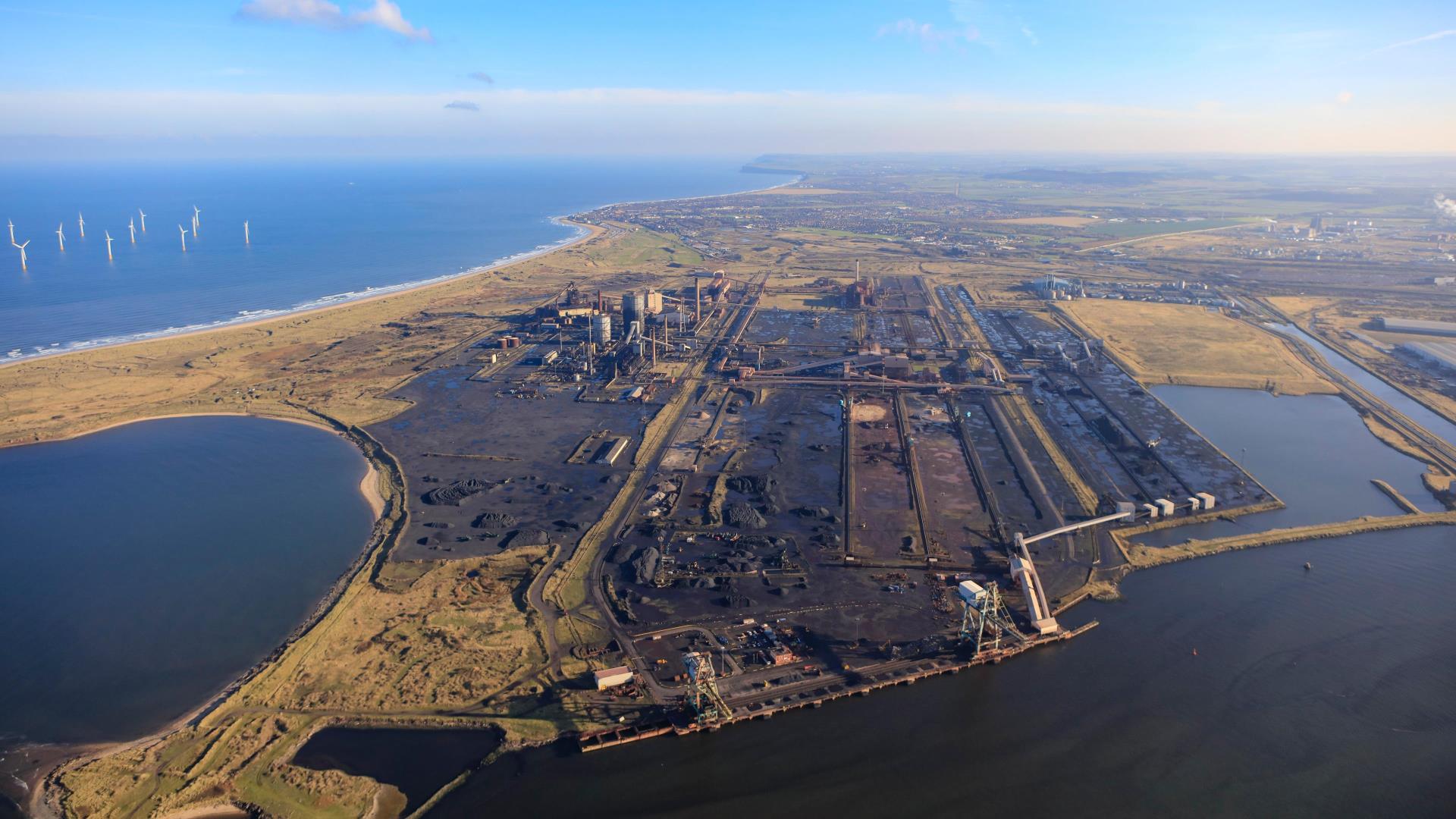 © Supplied by BP
© Supplied by BP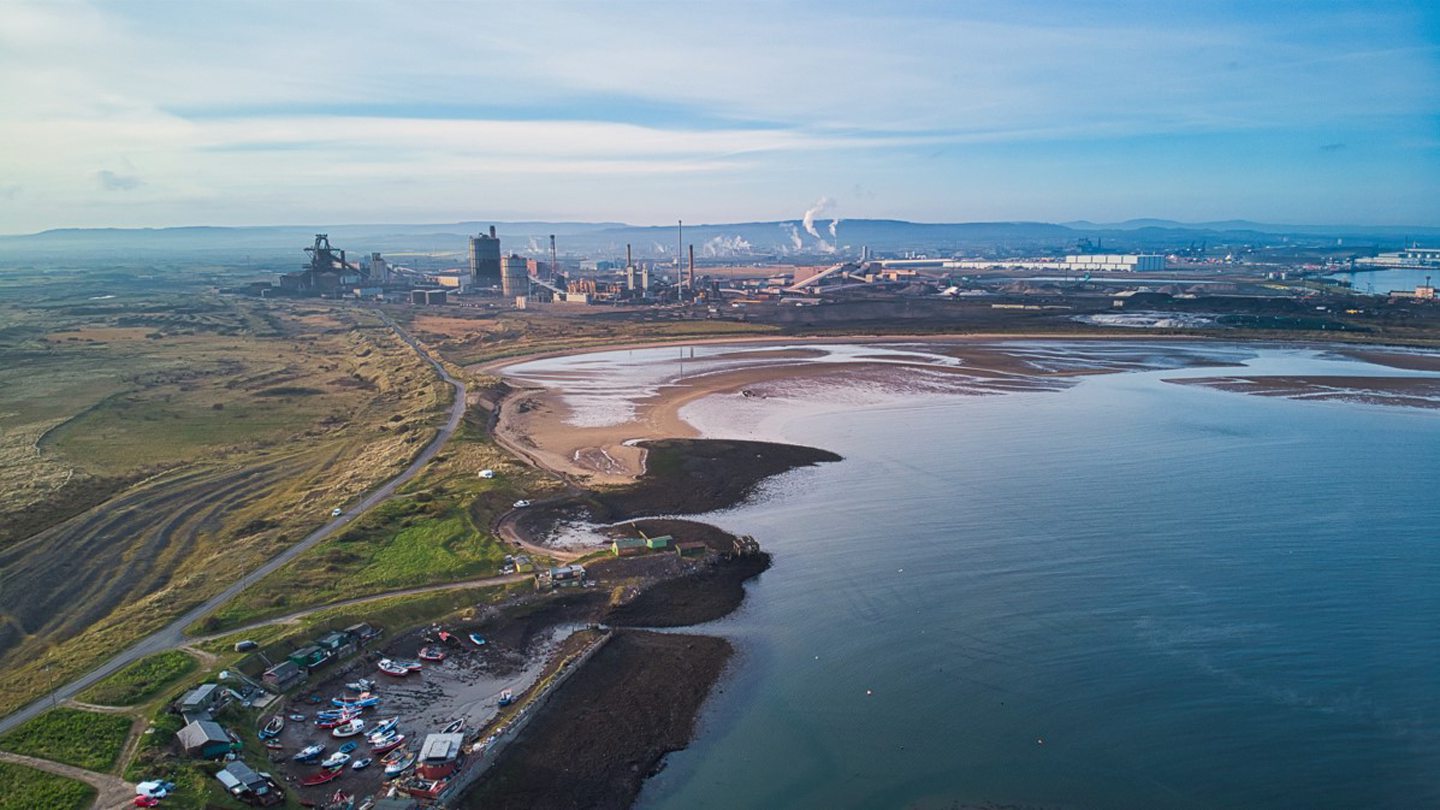 © Supplied by Equinor
© Supplied by Equinor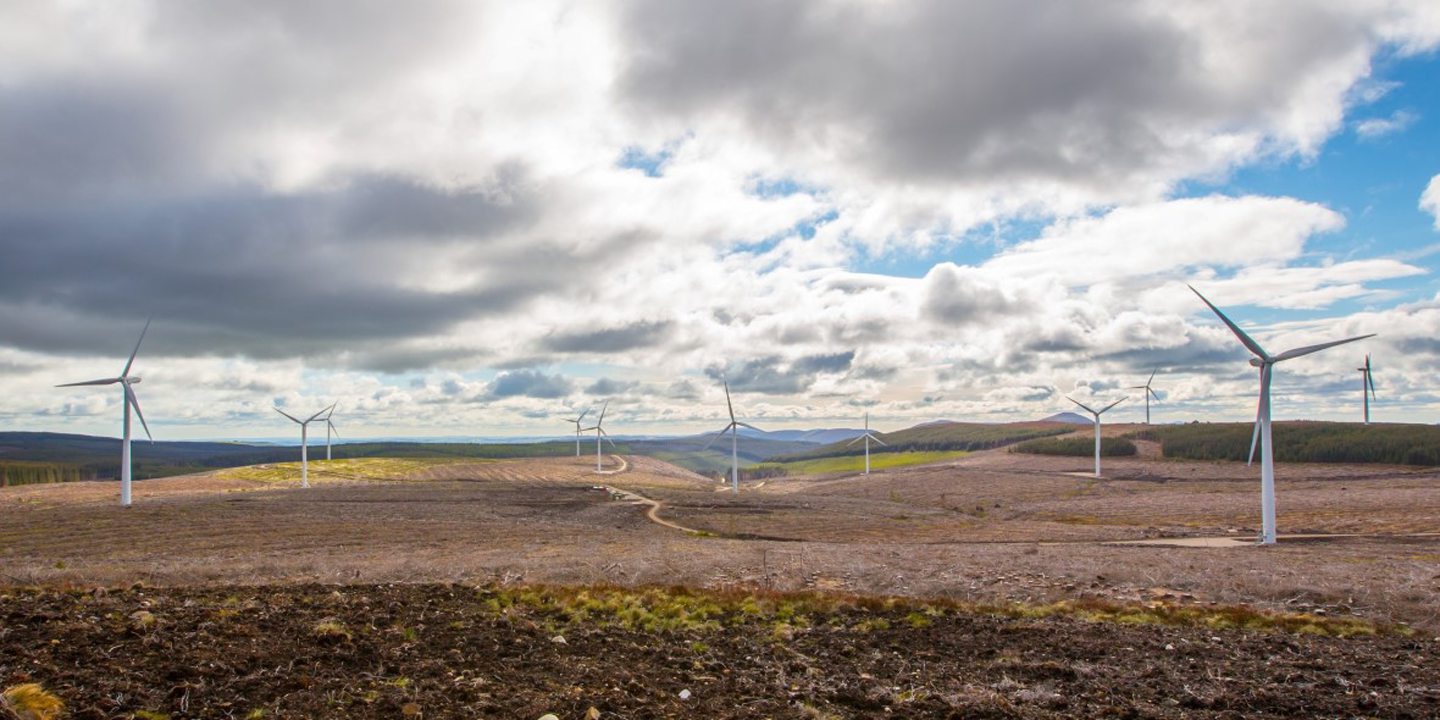 © Supplied by Vattenfall
© Supplied by Vattenfall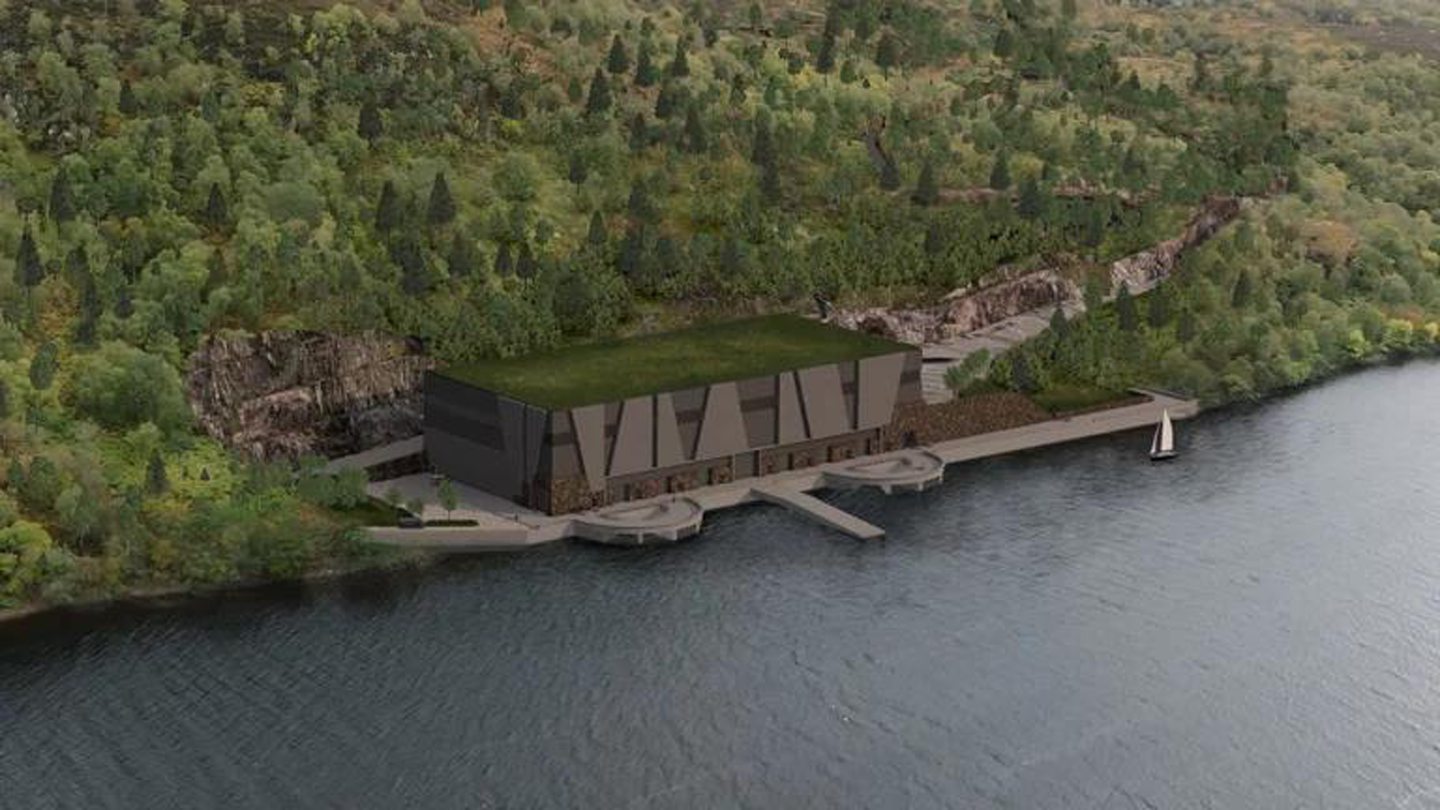 © Supplied by Statera
© Supplied by Statera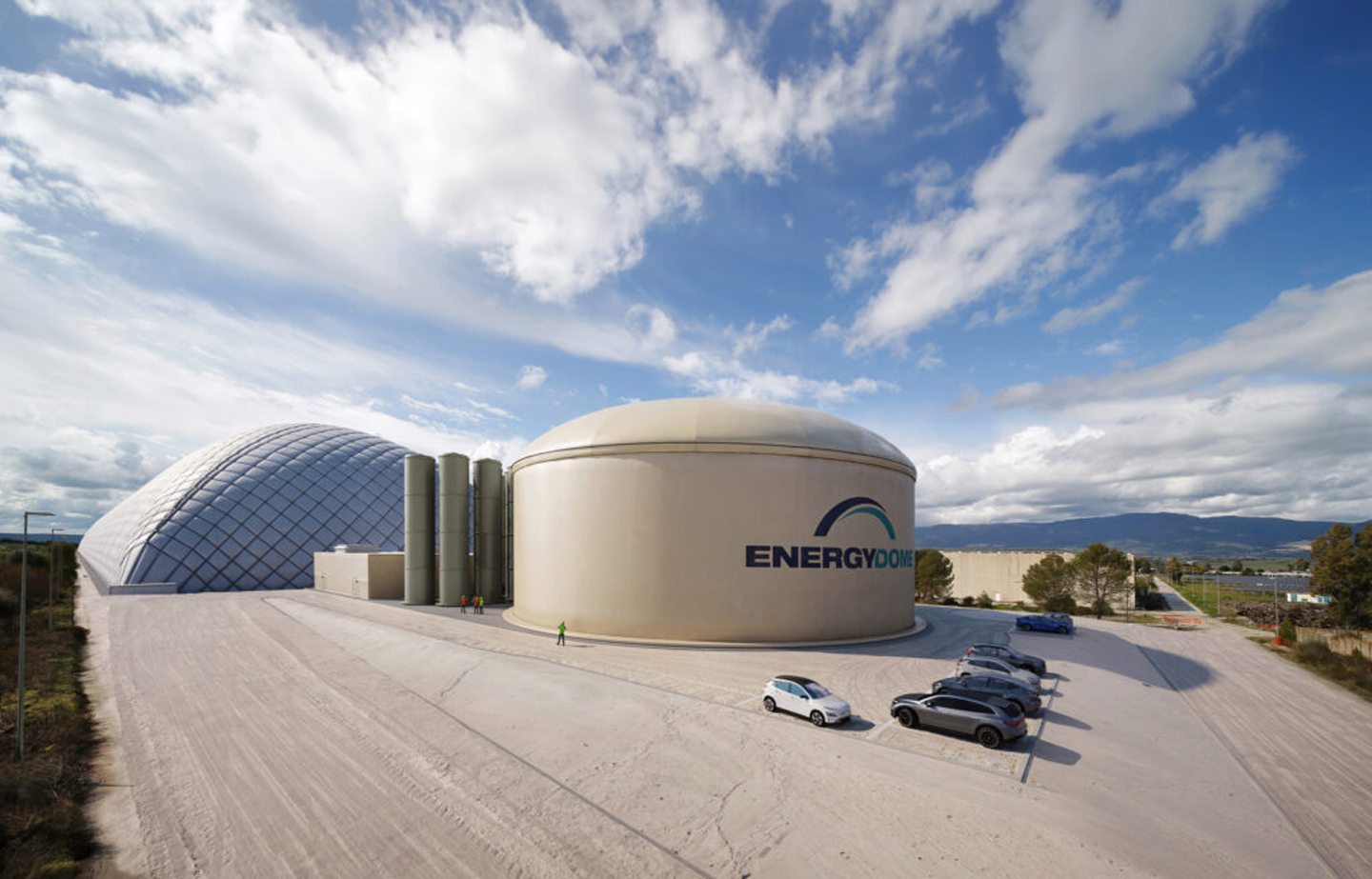 © Supplied by Energy Dome
© Supplied by Energy Dome






